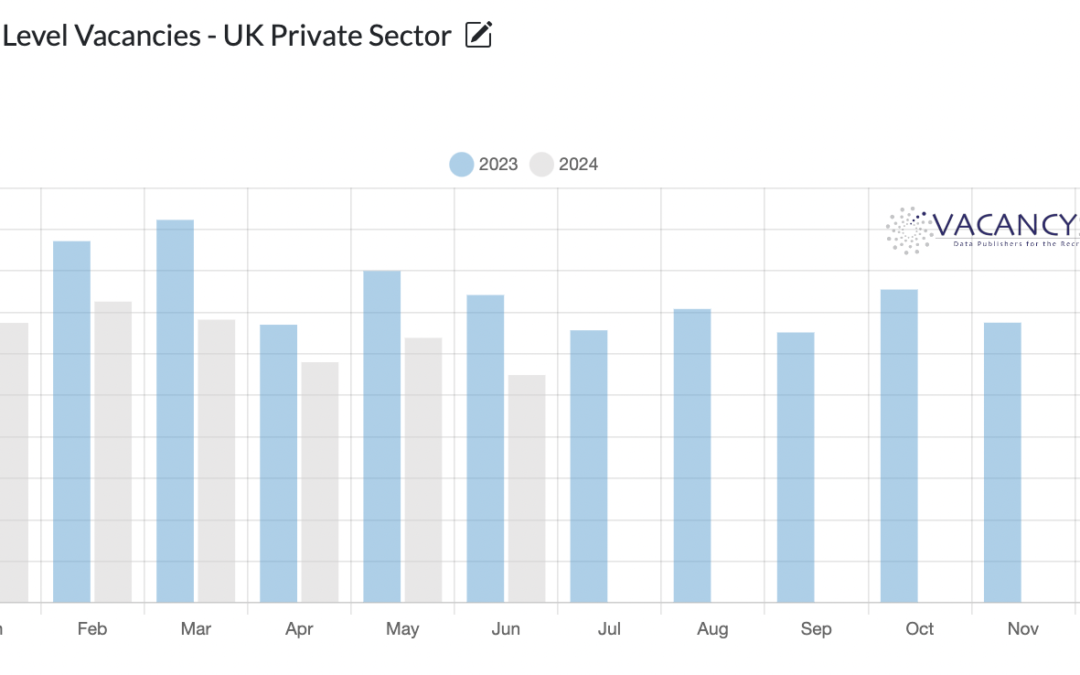
With the Labour Party now in-situ, changes are being proposed to employment law which have the potential to be transformative to the UK, where the minimum wage is a key area being scrutinised. The proposal to scrap the tiered structure of the minimum wage, which means that there will be no difference in treatment, between those aged 16 year olds or those over 21 has the potential to cause a significant impact in the job market in terms of entry level roles. The question is, what are the likely second order consequences?
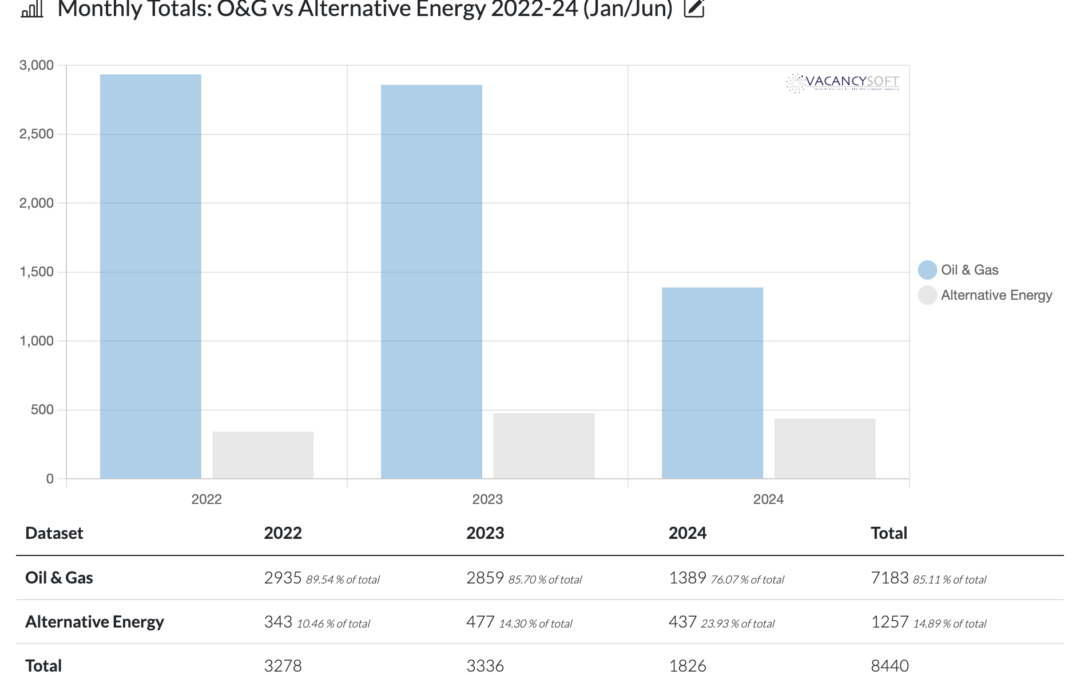
In one stroke of a ministerial pen, the drilling licenses which Sunak had committed to, were cancelled. Miliband for a long time has been an advocate of clean energy and has committed to decarbonizing the national grid, in full, by 2030. At the same time, in a sign this Government are prepared to tackle the NIMBYs head on, previous restrictions regarding on shore wind farms are to be removed and investment into solar power infrastructure is to be trebled.
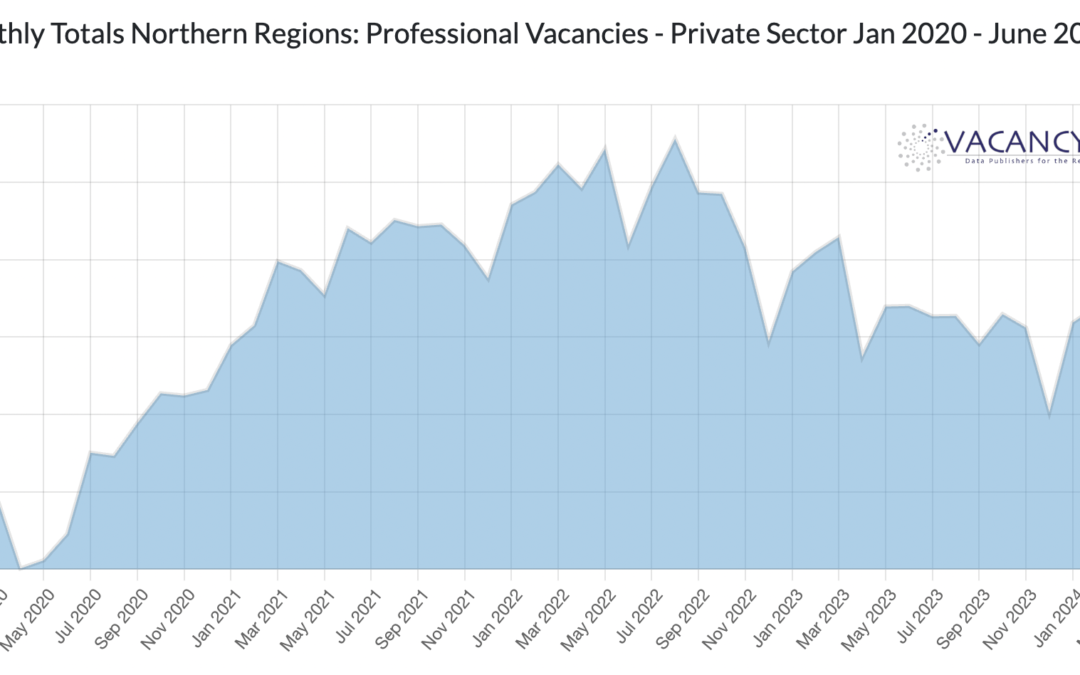
Given the recent general election, it is no surprise that vacancies dropped in June. With Businesses waiting on the outcome of the election, whilst Labour winning was a given, the coming weeks will now see a blitz of policy announcements, which will give greater clarity when it comes to investment.
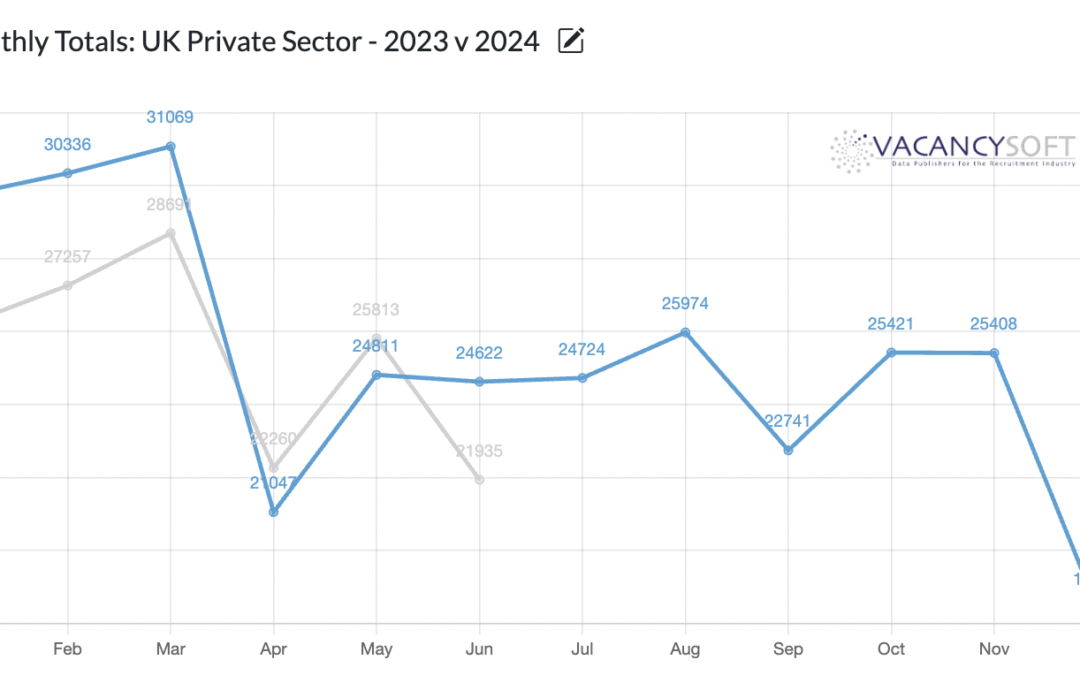
Is it the responsibility of Government to directly stimulate economic growth, or is it for them to create the environment where businesses invest themselves? Statism, or interventionist supply side policies are coming to the fore once more, and for the incoming Labour Government, there are a myriad of policy proposals designed to achieve growth.
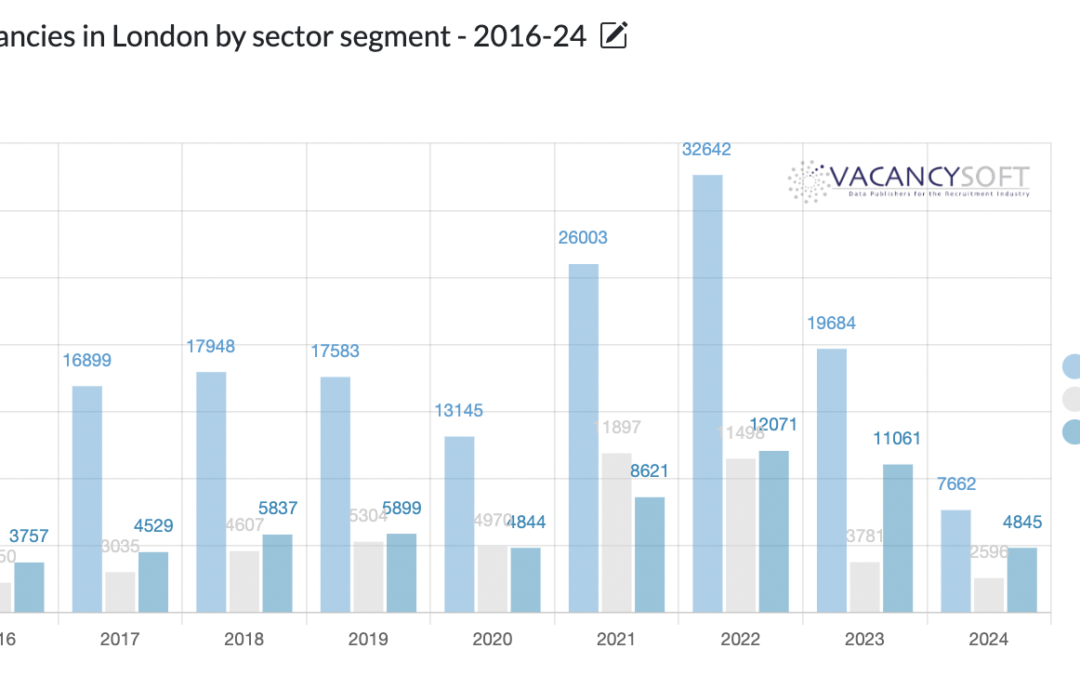
For the UK, Financial Services has a critical part to play, in terms of GDP, our balance of payments and employment. Within the Financial Services industry though, increasingly Fintech is starting to come to the fore. New challengers such as Starling, Monzo, Revolut and Wise have disrupted the incumbents and as a result, the industry has permanently changed.
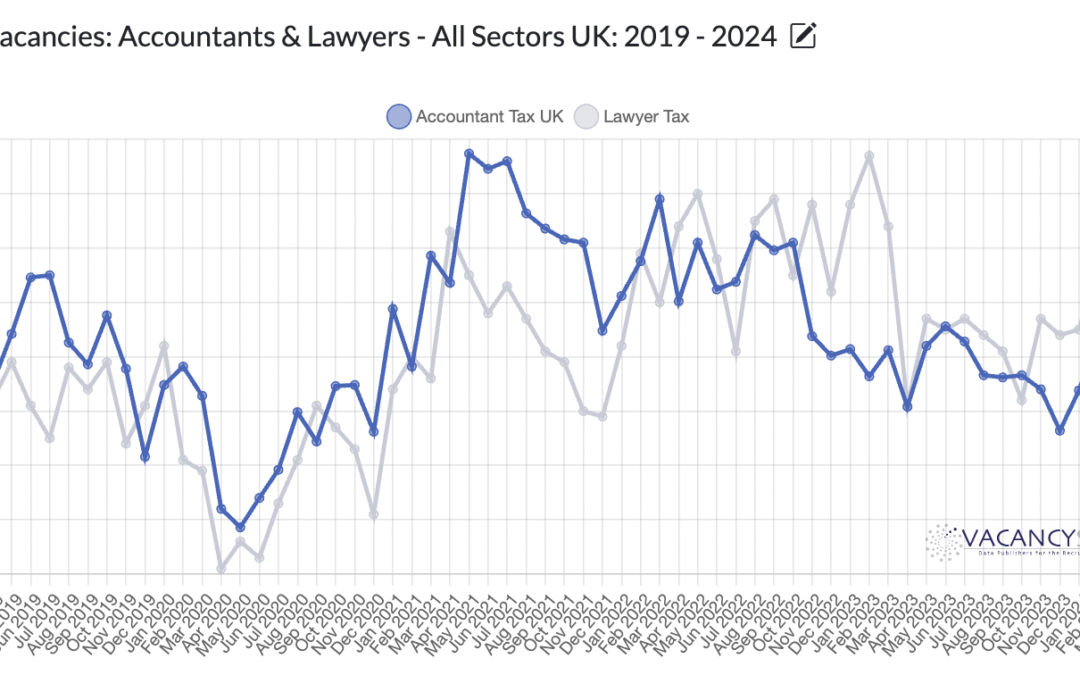
The impact of the budget on tax recruitment is apparent. March 2024 was the record month for tax vacancies going back to January 2019, beating even the peak post pandemic months in 2021. At the same time, in a recent report featured in Bloomberg, the UK is set to see 9,500 millionaires repatriate away, which is more than any other country globally, with the exception of China.








